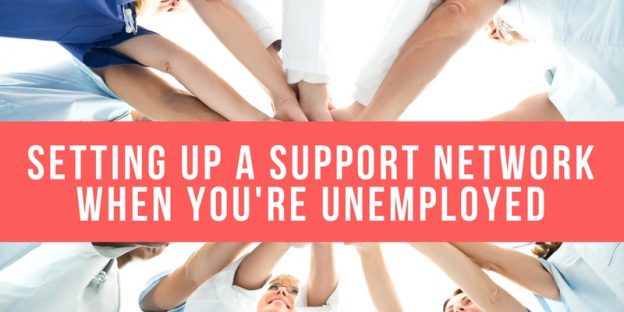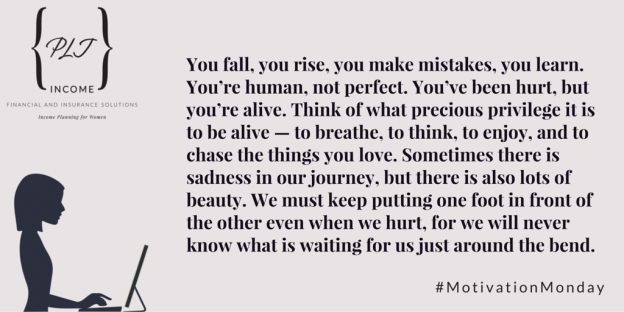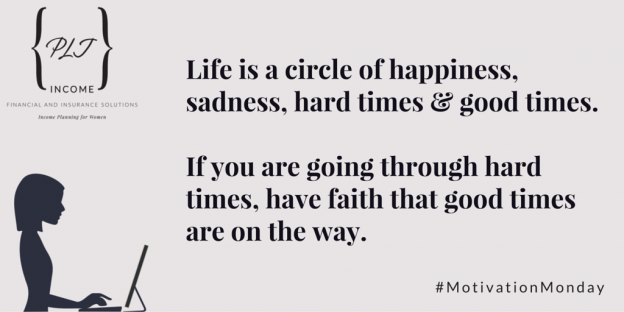What is an unemployment support network?
An unemployment support network is a group of people, organizations, or resources available to help you cope with issues that unemployed people must face. Setting up a support network when you’re unemployed is important for several reasons. First, when you lose your job, your ego is likely to be damaged, and you’ll benefit from the encouragement and perspective that talking to others can bring. Second, if you plan on returning to work, you may need help finding a new job or exploring a career change. Third, if you’re an older unemployed worker thinking about retiring rather than seeking another job, you may need the advice of others who have experienced retirement firsthand. Whatever your reason for needing support, you can easily find it if you know where to look.
Emotional support
When you lose your job, you’ll most likely turn to your friends and family for emotional support. Another option is to find or form a support group (also called a self-help group) to share information and provide emotional support to one another.
Finding a support group
If you live in a metropolitan area, finding a local support group should be easy. Look in the Local or Community sections of your newspaper or contact your local community center, college, or university to see if it sponsors support groups. You can also try the American Self-Help Group Clearinghouse website www.mentalhelp.net for information on starting or finding a self-help group in your area.
Job-hunting services and assistance
Rather than go it alone, you may choose to find a job using an employment professional or a government agency or community organization. Some employment professionals will charge you a fee for their services, while others do not. Government job services are free but may offer only basic assistance. Community organizations may sponsor free or low-cost services, which are sometimes tailored to the needs of specific groups.
For-fee services
If you are having trouble marketing yourself, you might consider paying someone to help you. You can, for instance, hire image counselors to teach you how to dress professionally, rewrite your resume, target your job search, and rehearse interviewing. Or, in a tight job market, you might use a for-fee job placement agency. You sign a contract with the agency, under which you promise to pay a flat fee or a certain percentage of your first year’s salary and in turn, the agency promises to find you a suitable job. Whatever your reason for paying someone to help you find a job, be careful. Before you sign a contract, know what you’ll get for your money. How hard will the company work for you? What kind of guarantee does it offer? What specific services does it offer? In particular, check the company’s reputation. Make sure that it has been in business in the same location for several years, and call the Better Business Bureau (if the agency is a member) and ask for references or published statistics on its placement success rates.
Fee-paid services
- Headhunters and recruiters: If you work in a high-demand occupation or you are a professional with a few years of experience, you may be able to find a job through a recruiter or a headhunter. In fact, one may come looking for you! Headhunters or recruitment professionals are usually paid by companies who use them to find qualified employees. Most headhunters specialize in finding employees in a particular field, and they expect you to be flexible. They may not want to talk to you, for example, unless you are willing to relocate. They also may not be interested in you if you are changing career paths or if you don’t match their area of specialization and requirements.
Caution: A recruiter can seem like your best friend when you are unemployed. Remember, however, that the recruiter is also a salesperson, and you are the product. Don’t be upset by a recruiter’s reluctance to talk to you unless you are a seasoned professional, and don’t be misled into thinking that a job offered through a recruiter is necessarily the best job for you or the only good way to find a job.
- The temporary or permanent placement agency: Another type of fee-paid employment service is the temporary or permanent placement agency. You sign up with an agency and specify the type of position you are looking for, and it tries to match you with a job opening. You’ll work for the agency, not for the company unless the company buys your contract from the agency. This means that you won’t be eligible for any company benefits or perks. Some agencies specialize in placing candidates in a certain industry (banking, for instance) while others are generalists. A good employment service will be responsive to your needs, offer training and benefits (if necessary), and won’t mislead you about the jobs they usually have available. Some companies publish “teaser” jobs in the paper that probably won’t be available when you call the agency because they are designed to lure you in to fill out an application.
Caution: Although taking a temporary job is a good way of supporting yourself for a short time or even finding a permanent job with a good company, you’ll probably find that the pay is relatively low. However, you may be able to negotiate a better rate of pay if you are a good, qualified candidate.
Government agencies and community services
Your local employment office (where you apply for unemployment insurance benefits) may assist you in finding a new job, or there may be programs set up in your community to help displaced workers, low-income workers, senior workers, or veterans. Check your telephone directory under Job Services, Employment Services, or Social Services. Your local college or university may also sponsor career-counseling seminars or courses that are open to the public even if attendees are not enrolled in a degree program.
Outplacement assistance
If you have prior warning that you will be losing your job, you can do several things to make unemployment easier. First, if you’re being laid off, find out if your company has outplacement assistance. You may be able to attend seminars or speak with a job counselor one on one. Next, if you plan on looking for another job, ask about your current company’s policy regarding employment verification and references. If a potential employer calls and asks about your work history, what information will the company give out? In addition, are your coworkers or supervisors allowed to give professional and/or personal references? If you’re leaving the company because you’re moving or being laid off, don’t forget to ask everyone you know who might have leads on job openings for introductions to managers or executives at other companies.
Other job-hunting resources
The Internet
Many Internet sites are devoted to the needs and concerns of the job-hunter. These sites offer career counseling, networking opportunities, job fairs, and lists of available jobs (including on-line applications). Some popular sites are Monster (www.monster.com), Headhunter.net (www.headhunter.net), and the Career Resource Center (www.careers.org). When you’ve lined up a job interview, you can prepare for the interview by researching the company on-line under the company name. You may be able to pull up press releases, articles about the company, or even financial information. You may have to pay an extra fee for the latter. Information about public companies is readily available, while information about private companies can be difficult to find.
Libraries and bookstores
If you go to the library or a bookstore, you’ll find many books on job hunting and career counseling. These books can be quite useful, particularly if you’ve been out of the job market for a while or you need help in a particular area. You can also buy or read local and out-of-town newspapers that advertise jobs.
Friends, family, and acquaintances
One good way to find a new job is to tell everyone you know that you’re looking for one. Your friends, family, and acquaintances may know about jobs that are presently open within their companies or about job opportunities that might be available in the future. They may also be able to put a good word in for you with a manager or the human resources department. Some companies use a very formal process to hire (first open the job to current employees, next advertise the job to others), while others hire more informally.
Special considerations for retirees
There are many resources tailored to your needs if you are an unemployed older worker looking forward to a relaxing retirement, searching for volunteer opportunities, thinking about working part-time, interested in opening your own business, or facing health concerns. You can find support groups in your community or on the Internet to help you adjust to retirement. There are also a multitude of organizations set up just to help you find the resources and information you need.











